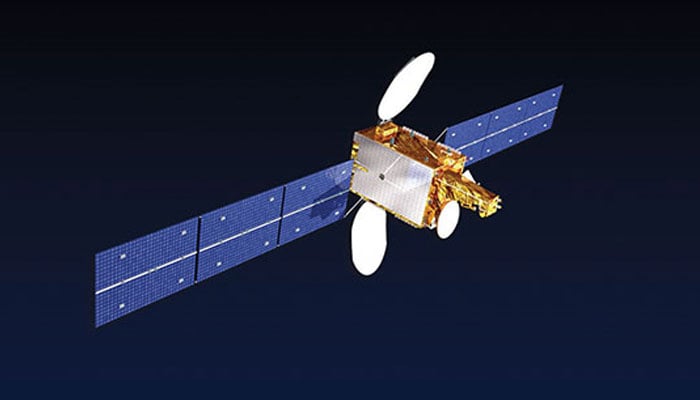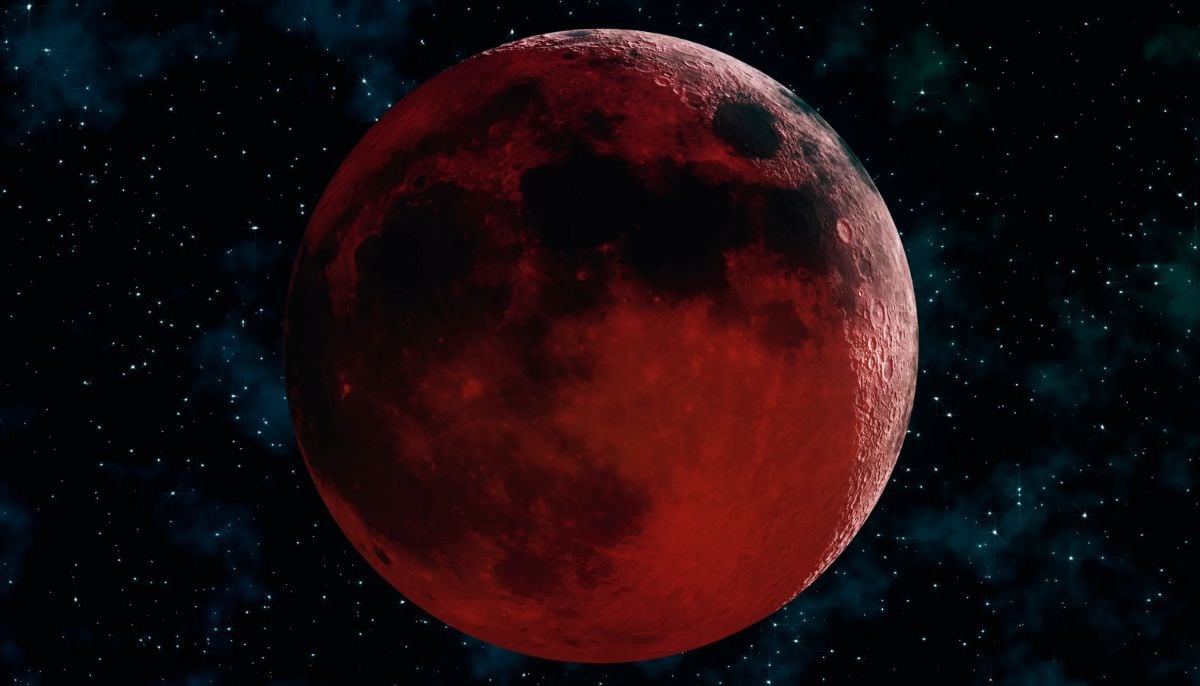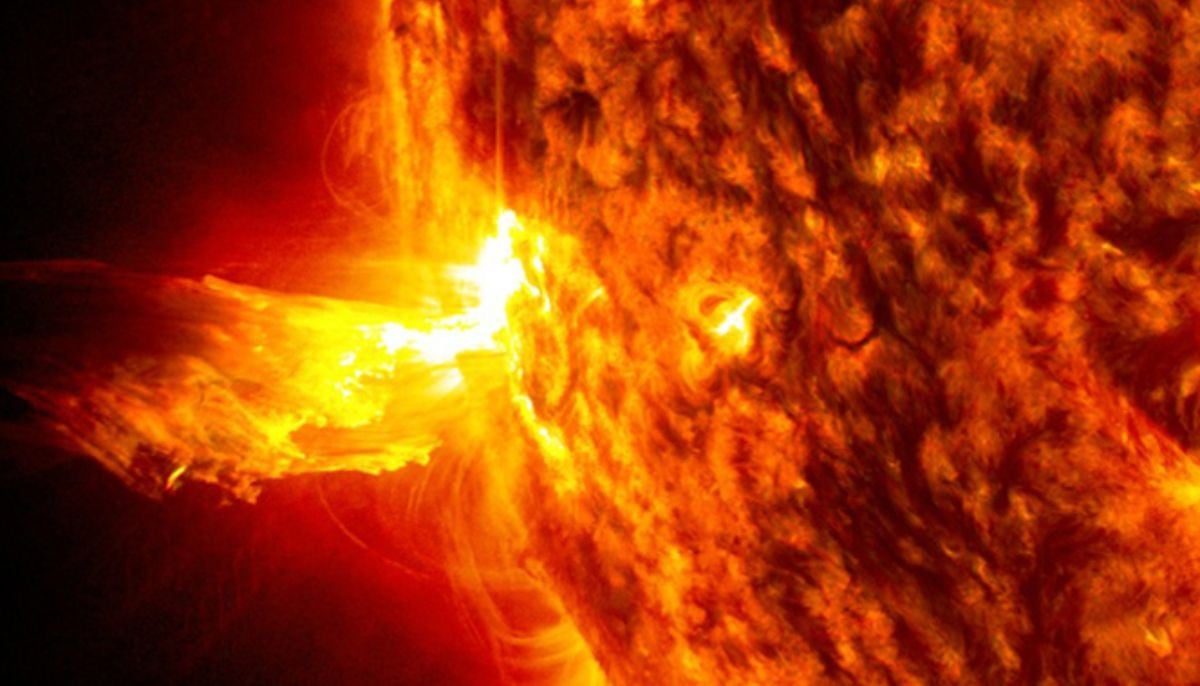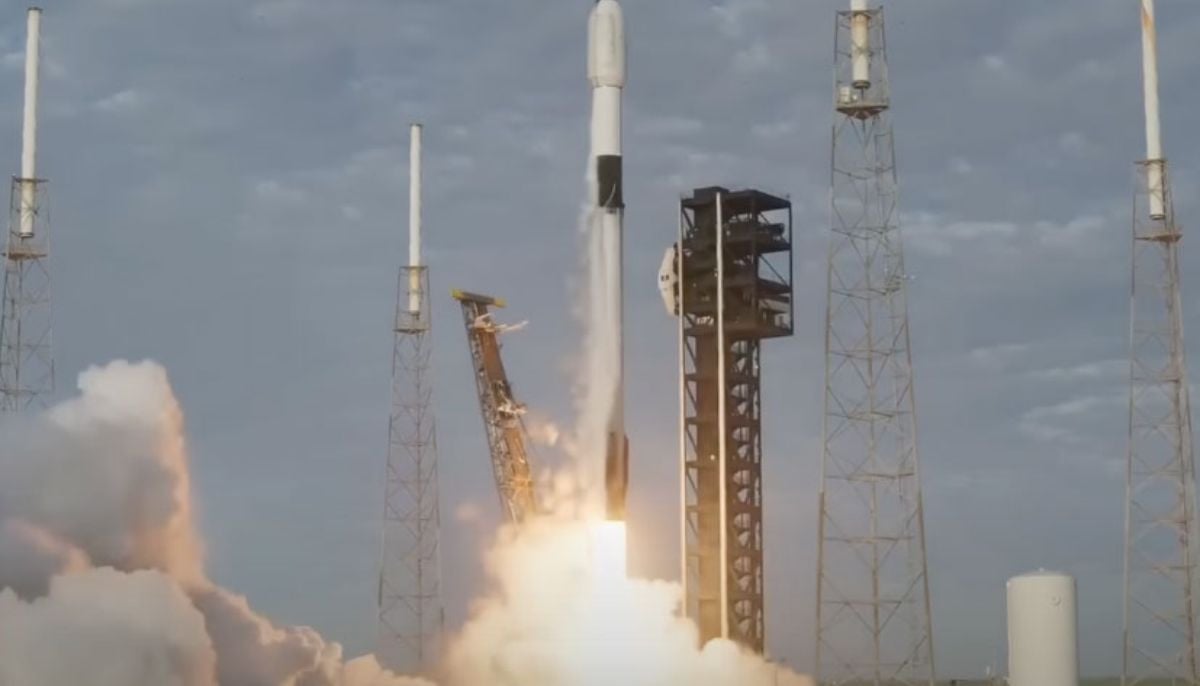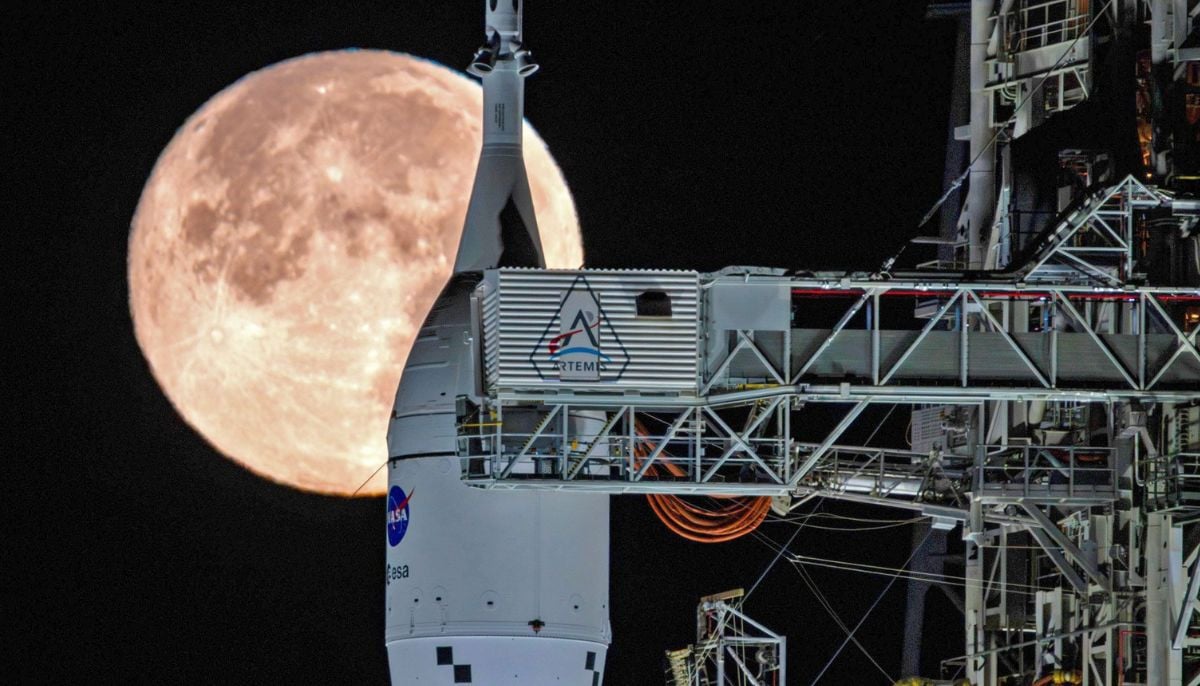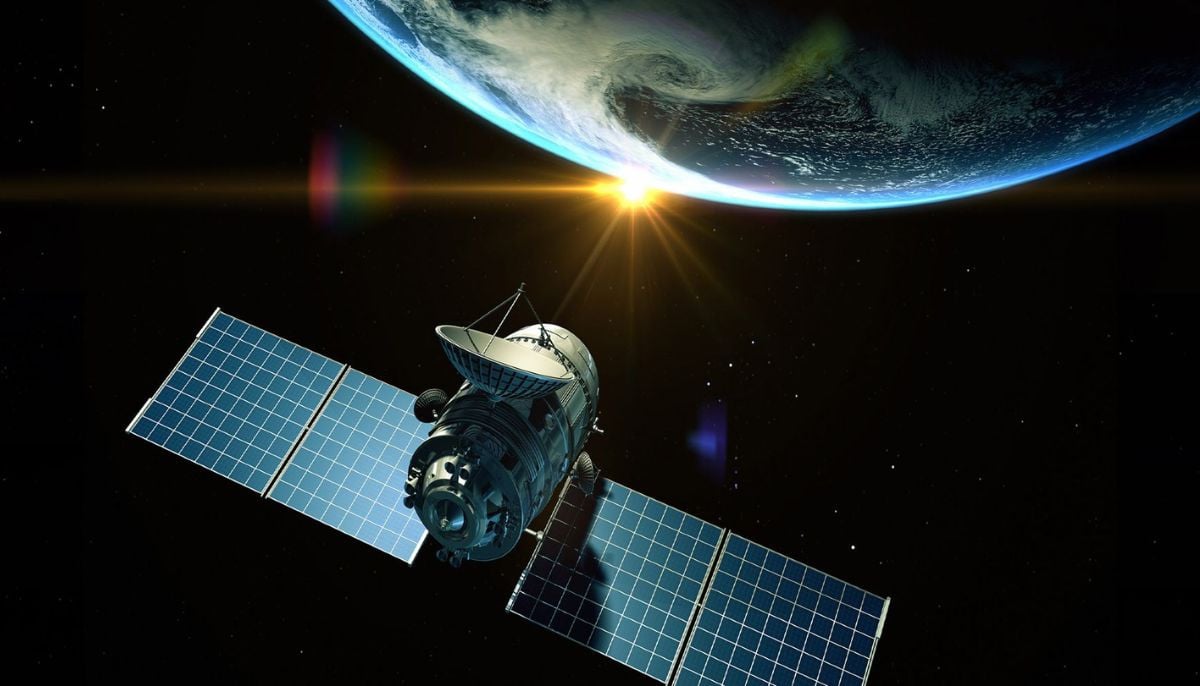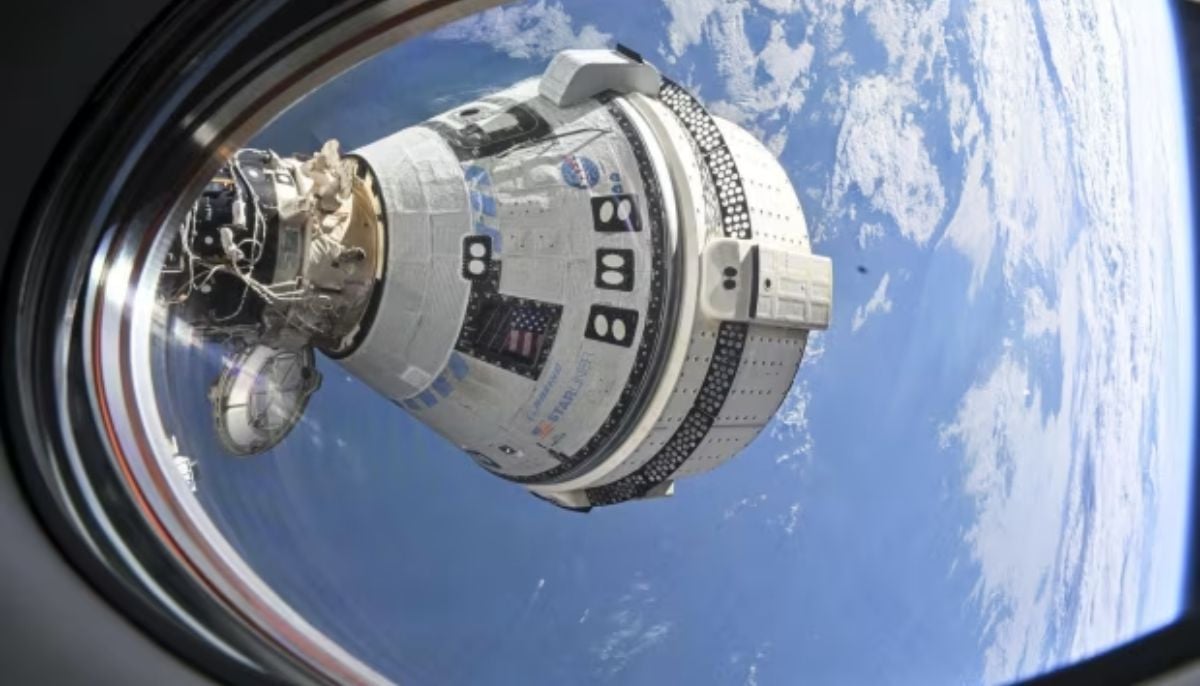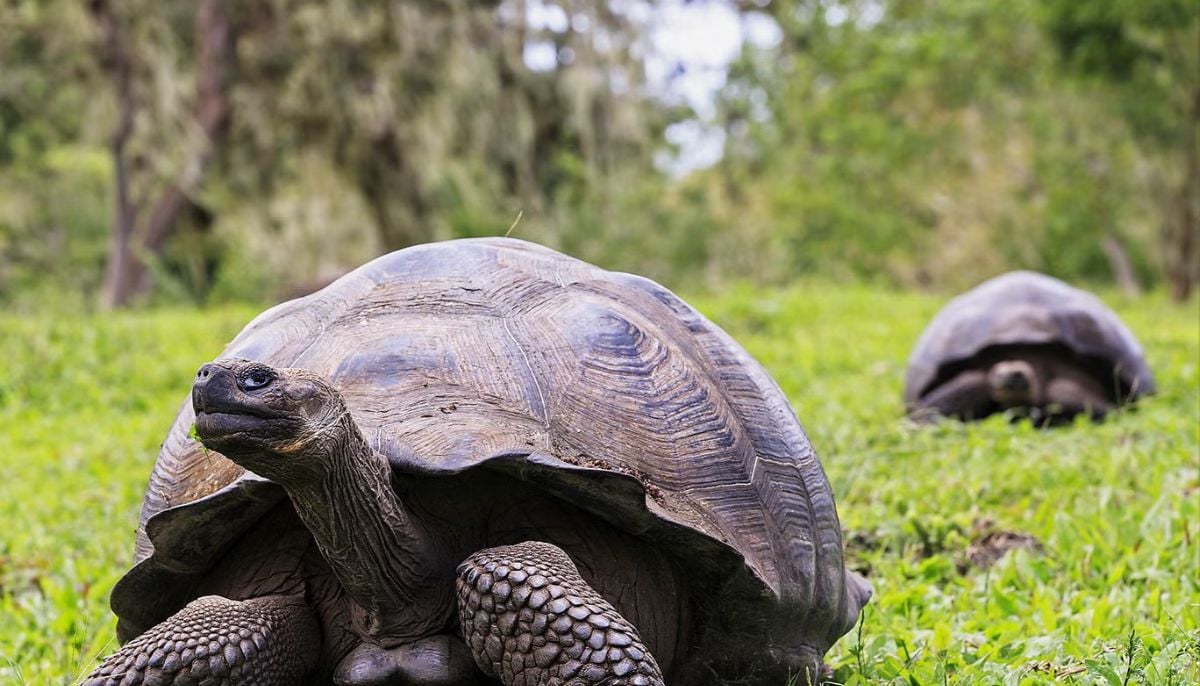PAKSAT MM1: Pakistan to launch new satellite in collaboration with China
This satellite project is a hallmark of technological cooperation between China and Pakistan, SUPARCO says
KARACHI: Pakistan's Multi-Mission Communication Satellite, also known as PAKSAT MM1, will be launched on May 30, the Space and Upper Atmosphere Research Commission (Suparco) announced on Tuesday.
According to a statement released by the national space agency, the launch will be conducted at the XiChang Satellite Launch Centre (XSLC), China, as part of the National Space Program 2047.
The PAKSAT MM1, SUPARCO added, was conceived as a joint venture between Suparco and the Chinese aerospace industry, keeping in sight the growing needs of the country in the broad spectrum of communication and connectivity.
"This satellite project is a hallmark of technological cooperation between Peoples’ Republic of China and Pakistan," the statement read.
It added that the satellite, based on advanced communication technologies, will play a pivotal role in the socio-economic uplift of the country.
"It will prove to be a stepping stone in the transformation of the country into Digital Pakistan," Suparco said.
The agency stated that the launch ceremony will be shown live for media from its establishments in Karachi and Islamabad.
It should be noted that, so far, Pakistan has sent at least six assets in space such as BADR-A, BADR-B, PAKSAT 1-R, PRSS-1, PakTes 1-A and iCube Qamar.
Earlier this month, iCube-Qamar, Pakistan's first satellite mission to the moon, sent the first-ever images of the moon captured in the lunar orbit following its ascent in space.
Making this a groundbreaking development, according to IST, Qamar became the first Pakistani satellite to enter the lunar orbit and completed its rotation in 12 hours.
The scientists termed the development “a great success overall”.
-
Greenland ice sheet acts like ‘churning molten rock,’ scientists find
-
Space-based solar power could push the world beyond net zero: Here’s how
-
Hidden ‘dark galaxy' traced by ancient star clusters could rewrite the cosmic galaxy count
-
Astronauts face life threatening risk on Boeing Starliner, NASA says
-
Giant tortoise reintroduced to island after almost 200 years
-
Blood Falls in Antarctica? What causes the mysterious red waterfall hidden in ice
-
Scientists uncover surprising link between 2.7 million-year-old climate tipping point & human evolution
-
NASA takes next step towards Moon mission as Artemis II moves to launch pad operations following successful fuel test
